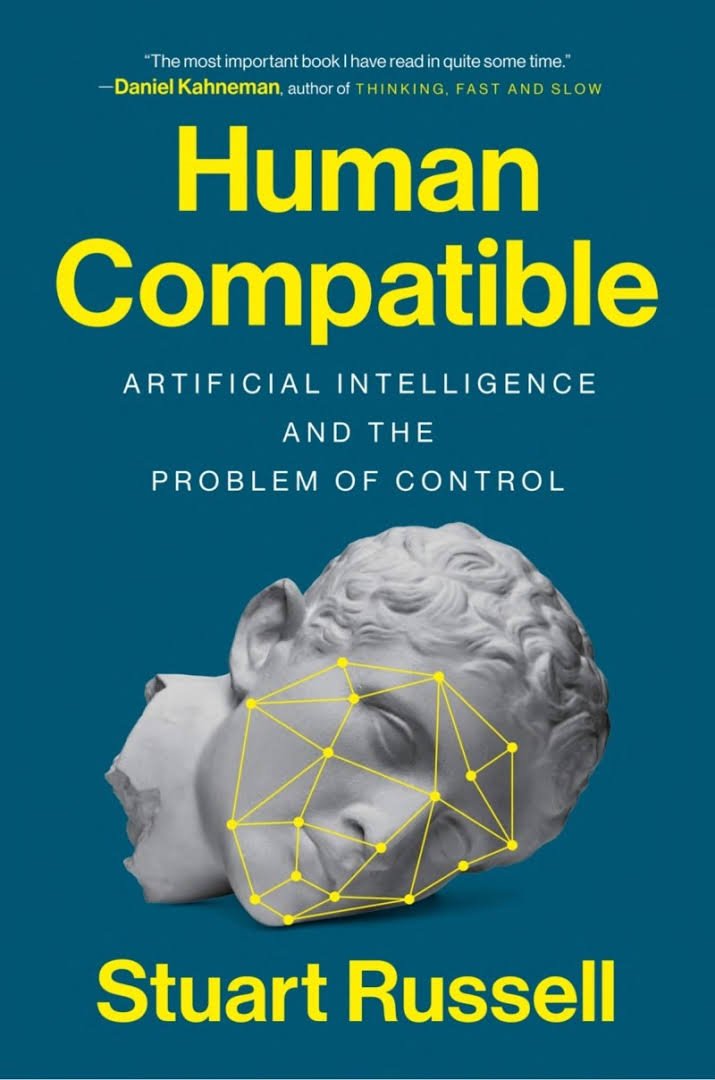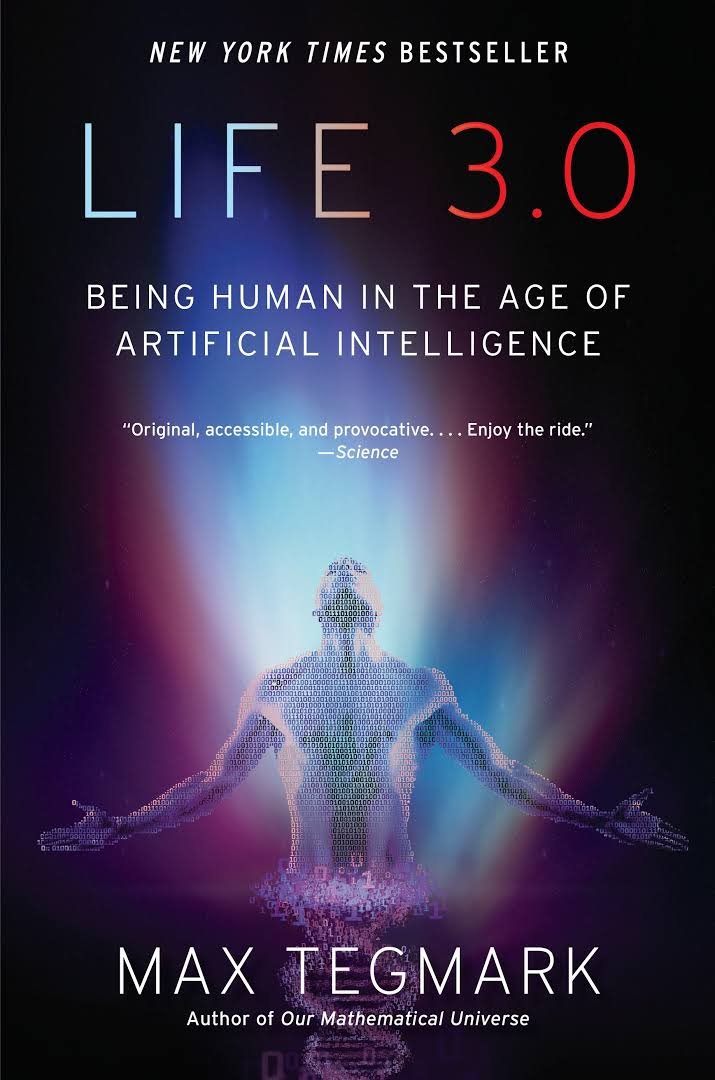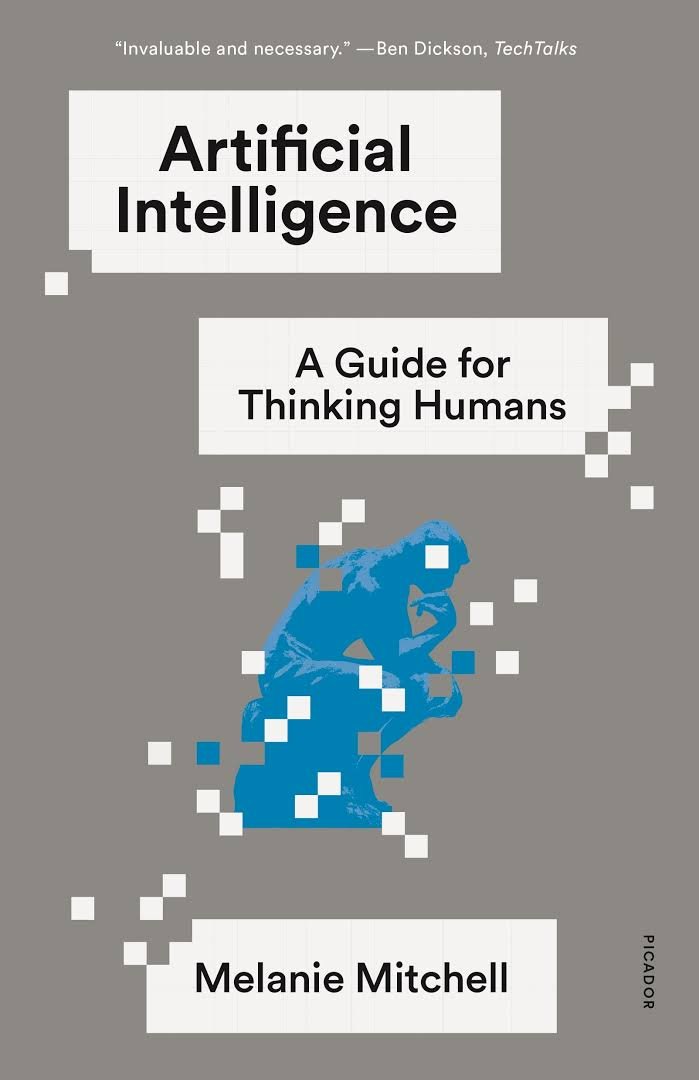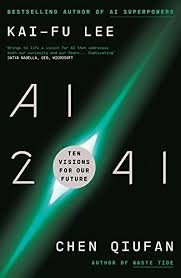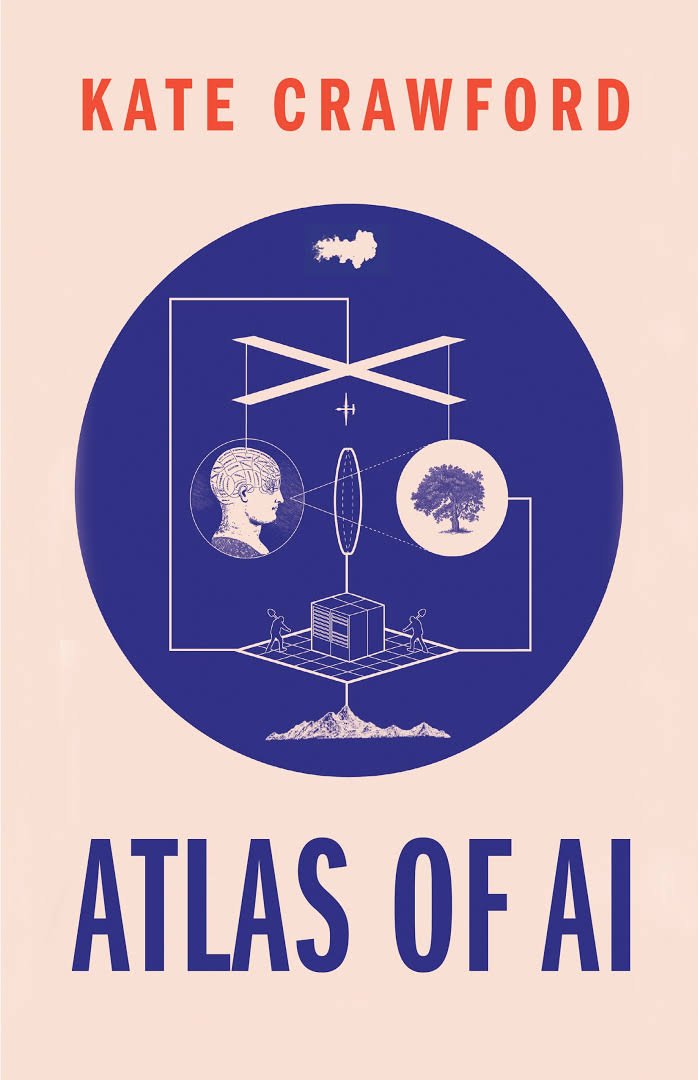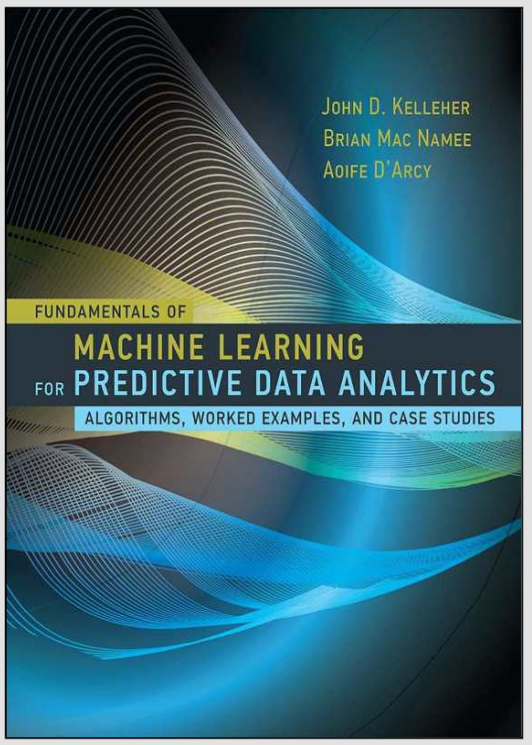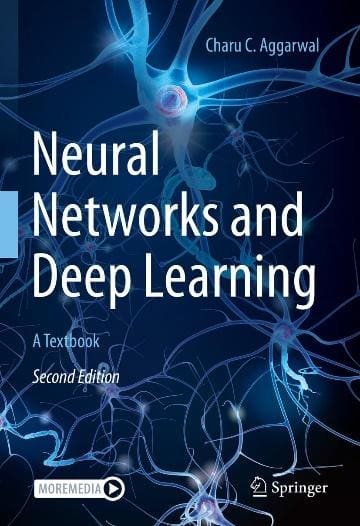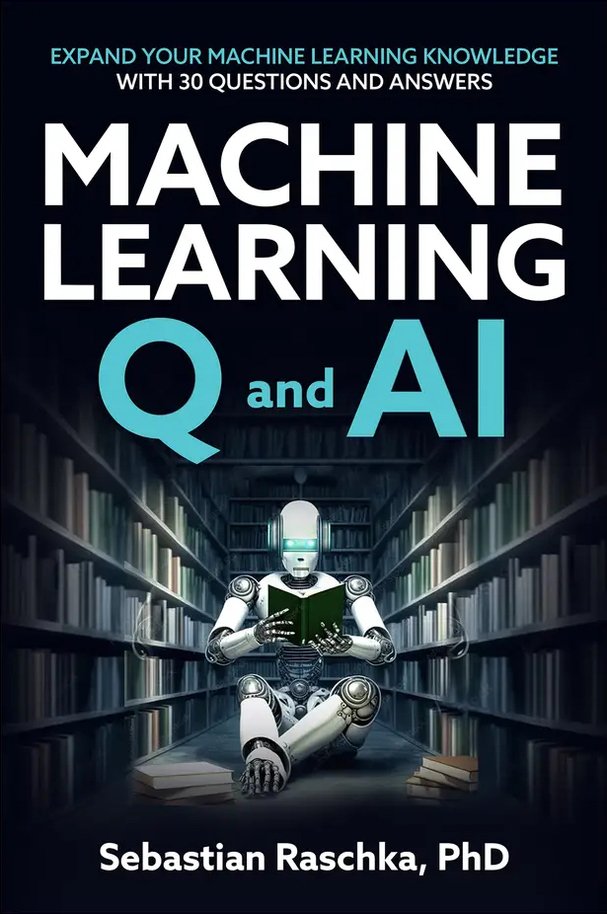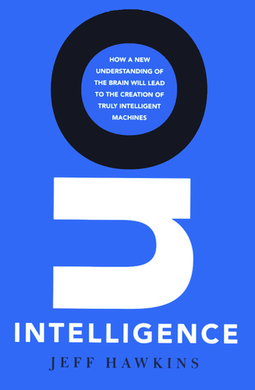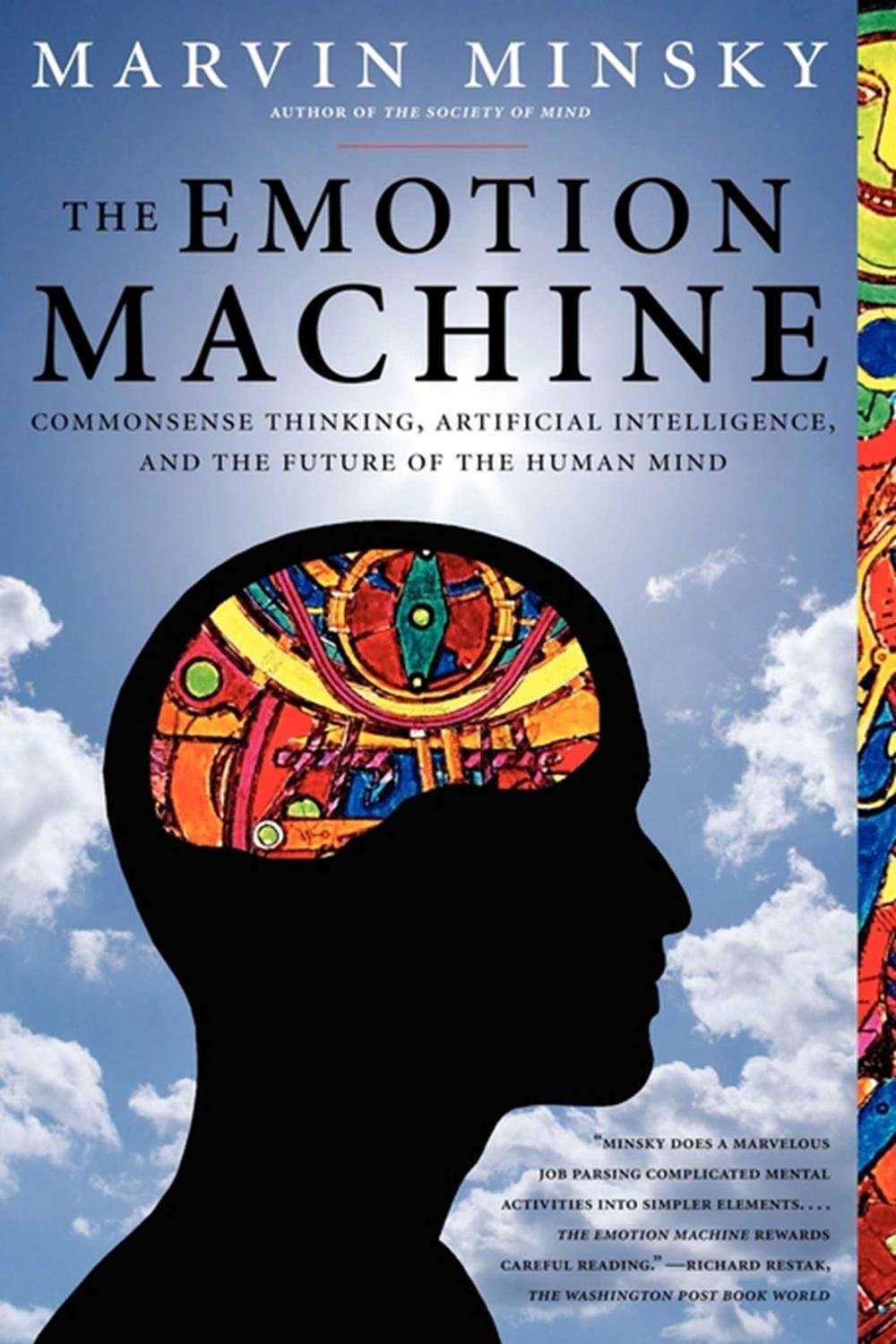
The Emotion Machine
Short Audio Book Summary
The Emotion Machine Summary
0:00 / 0:00Reviews
No review yet. Be the first to review this book!
Description
"The Emotion Machine" is a book written by Marvin Minsky, a renowned cognitive scientist and co-founder of the Massachusetts Institute of Technology's Artificial Intelligence Laboratory. In this book, Minsky explores the nature of human emotions and the possibility of creating machines that can emulate and understand emotions. Key themes and concepts discussed in "The Emotion Machine" include: 1. The Architecture of the Mind: Minsky proposes a theory of mind that views the human brain as a complex system composed of many specialized subsystems or "agents" that work together to produce intelligent behavior. He discusses how these agents interact and cooperate to generate emotions and other cognitive processes. 2. Emotion as a Computational Process: Minsky argues that emotions are not mysterious or ineffable phenomena but rather computational processes that arise from the interactions between different cognitive agents within the brain. He suggests that emotions can be understood and replicated using computational models. 3. The Role of Perception and Belief: Minsky explores the influence of perception and belief on the generation of emotions. He discusses how our interpretations of sensory input and our internal beliefs about the world shape our emotional responses to stimuli. 4. Learning and Adaptation: The book discusses how emotions play a crucial role in learning, problem-solving, and adaptation. Minsky explores how emotions can guide behavior, motivate action, and facilitate decision-making in uncertain or ambiguous situations. 5. Artificial Intelligence and Emotional Intelligence: Minsky considers the prospects of creating artificial emotional intelligence in machines. He discusses the challenges and opportunities of designing machines that can recognize, interpret, and respond to human emotions in meaningful ways. 6. Ethical and Social Implications: "The Emotion Machine" addresses the ethical and social implications of developing emotionally intelligent machines. Minsky considers questions about the potential impact of AI on society, including concerns about privacy, autonomy, and the nature of human-machine relationships. 7. The Future of AI and Emotion: The book speculates on the future direction of artificial intelligence and its relationship to emotions. Minsky explores the possibilities of creating machines that not only possess cognitive intelligence but also emotional intelligence, allowing them to interact with humans in more empathetic and intuitive ways. Overall, "The Emotion Machine" offers a provocative and interdisciplinary exploration of the intersection between psychology, neuroscience, philosophy, and artificial intelligence. It challenges readers to rethink their understanding of emotions and consider the implications of creating machines that can experience and understand emotions.






 May 01, 2025
May 01, 2025














.jpg)






.jpg)



.jpg)

.jpeg)




.jpeg)



.jpg)










.jpeg)









.jpeg)



 (3).jpg)






.jpg)

.png)
.jpeg)

.jpg)



.jpg)











